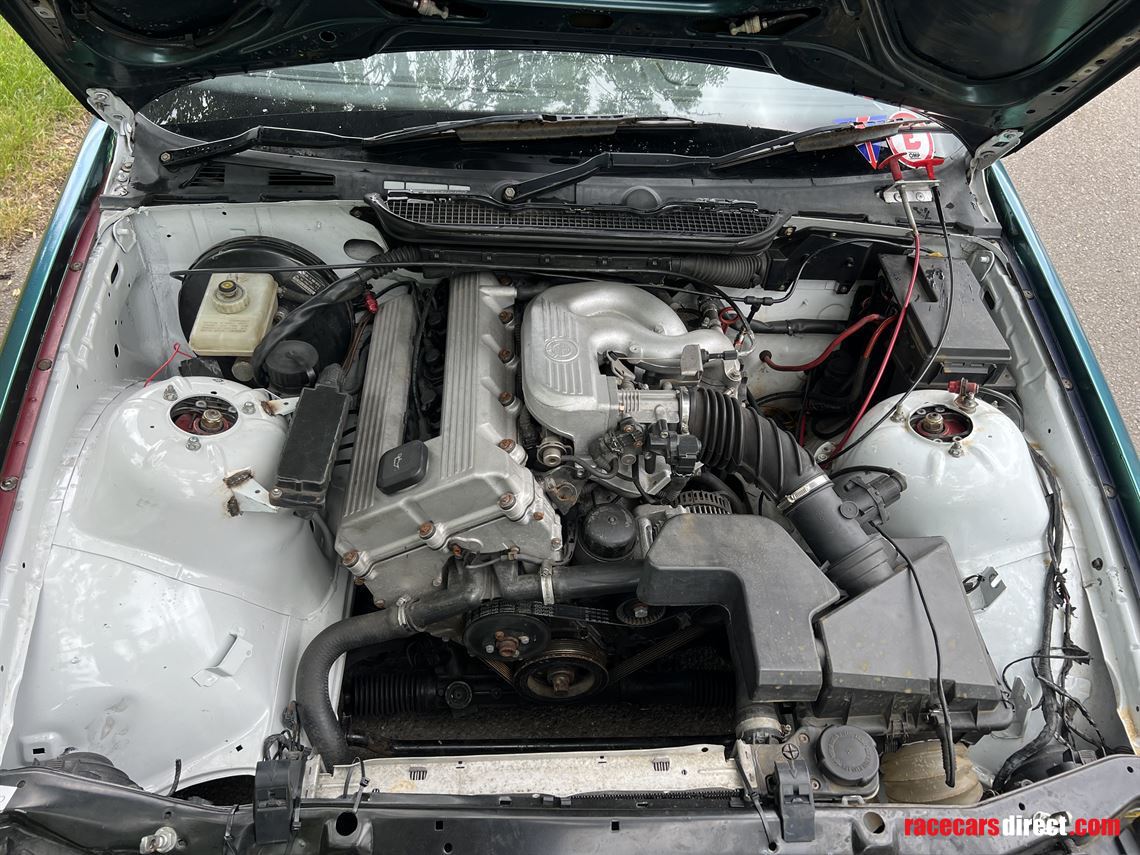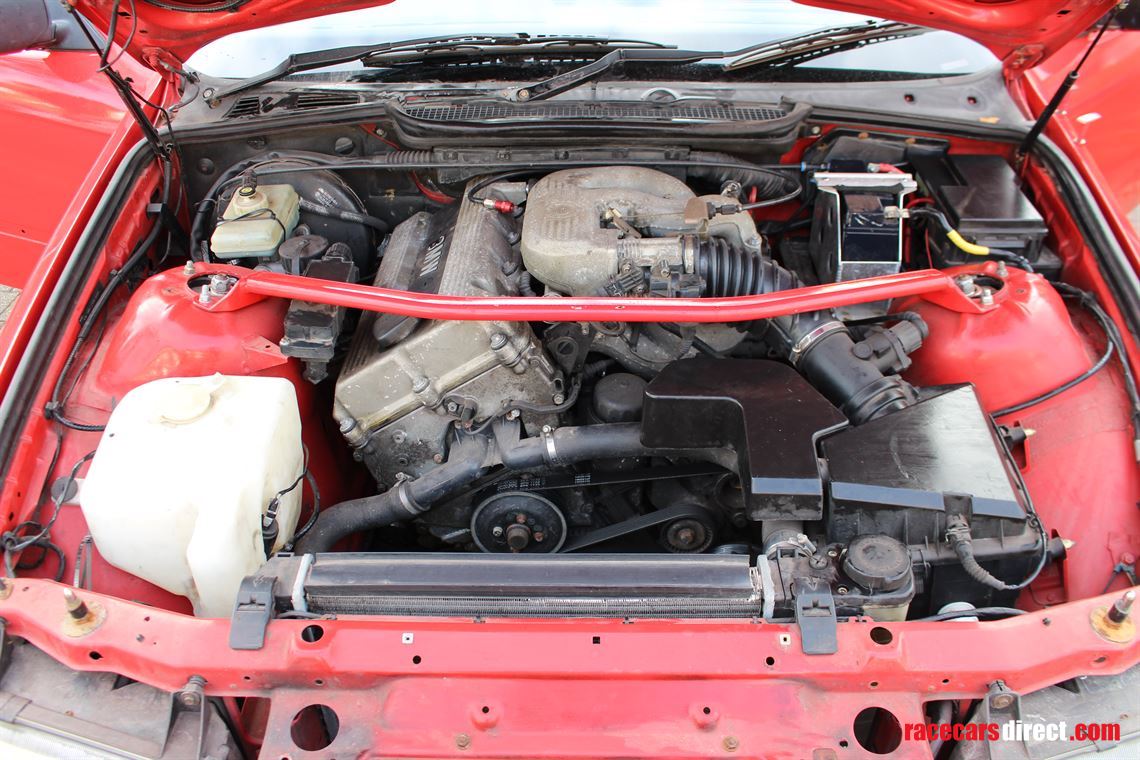BMW 318ti: A Comprehensive Overview to This Compact Powerhouse
BMW 318ti: A Comprehensive Overview to This Compact Powerhouse
Blog Article
Secret Attributes to Seek When Buying an Engine for Automotive Applications
When thinking about the purchase of an engine for automobile applications, several key features warrant mindful analysis to make certain optimum efficiency and performance. From power and performance capabilities to fuel adherence, efficiency, and durability to discharges standards, each facet plays a crucial duty in figuring out the engine's suitability for particular automobile needs. Cost-effectiveness continues to be an essential element in the decision-making process, stabilizing high quality with financial factors to consider. These functions collectively add to the general efficiency and integrity of the engine, affecting the driving experience and long-lasting fulfillment of the customer.
Power and Performance
When choosing a vehicle engine, customers focus on power and efficiency to make certain optimum driving experience and efficiency. The power output of an engine, frequently determined in horsepower (HP) or kilowatts (kW), dictates the acceleration, top speed, and overall capabilities of a car. Higher power ratings typically result in quicker acceleration and better performance, especially throughout surpassing or lugging hefty tons. Performance, on the other hand, encompasses a broader range of features, consisting of gas effectiveness, discharges, integrity, and total driving characteristics. A well-performing engine not only delivers power efficiently but additionally runs efficiently across different rate arrays and driving problems.
In addition, factors such as engine crossbreed, variation, and turbocharging modern technologies play significant roles in improving both power and efficiency degrees. Ultimately, choosing an engine that uses a powerful combination of power and performance makes sure a efficient and rewarding driving experience.
Gas Performance
When examining automobile engine alternatives,Maximizing fuel performance is a critical factor to consider for consumers. The performance of an engine straight influences operating expense and ecological footprint. One vital element affecting gas effectiveness is the engine's layout and technology. Modern engines with functions like straight fuel injection, turbocharging, and variable shutoff timing can considerably improve gas efficiency by enhancing burning processes and minimizing power loss. Additionally, the general weight of the engine and lorry, as well as the aerodynamics, play vital roles in figuring out gas consumption.

Sturdiness and Reliability
Attaining lasting efficiency and reliable procedure is vital for customers assessing the longevity and dependability of automobile engines. When taking into consideration an engine for vehicle applications, sturdiness describes the engine's capacity to endure wear, stress, and extreme operating problems over an extended duration. Integrity, on the other hand, indicates that the engine can continually perform its designated feature without unexpected malfunctions or failings.
Customers ought to try to find engines created with premium products and precise engineering to make sure long life. Elements such as crankshafts, bearings, and pistons need to be durable to deal with the engine's power outcome without early wear. In site link addition, engines outfitted with advanced cooling systems, effective lubrication, and robust purification mechanisms tend to exhibit higher levels of reliability.
Regular maintenance and adherence to producer suggestions are likewise vital variables in maintaining an engine's sturdiness and integrity. By adhering to upkeep timetables, making use of advised liquids, and attending to any type of problems quickly, consumers can maximize the life-span and efficiency of their vehicle engines. Eventually, prioritizing sturdiness and reliability in engine selection can bring about an extra gratifying ownership experience with fewer unanticipated disturbances.
Discharges Compliance
Making certain conformity with discharges regulations is a crucial aspect of reviewing vehicle engines for ecologically conscious customers. With enhancing concerns concerning air high quality and environmental influence, stringent emissions requirements have been implemented globally to lower damaging pollutants launched into the ambience. When buying an engine for automotive applications, it is crucial to consider its discharges conformity to lessen the carbon footprint and stick to lawful demands.
Modern engines are equipped with sophisticated emission control innovations such as catalytic converters, exhaust gas recirculation (EGR) systems, and discerning catalytic reduction (SCR) to lower damaging exhaust gases like nitrogen oxides (NOx), carbon monoxide gas (CO), and hydrocarbons (HC) These systems play a critical role in making sure that the engine meets the specified exhausts standards and operates within permitted limits.

Cost-effectiveness
When considering vehicle engine acquisitions, assessing cost-effectiveness is vital for customers seeking both performance and value. Cost-effectiveness in engine purchase entails even more than just the preliminary acquisition cost. It incorporates the overall costs associated with maintenance, fuel consumption, and potential repair work over the engine's lifespan. Going with an engine that uses a balance in between upfront expenses and long-lasting financial savings can cause considerable advantages for the consumer.
One trick element of cost-effectiveness is fuel efficiency. Engines that are made to optimize fuel economy can lead to significant cost savings in time, especially for people who drive frequently or over fars away. Additionally, taking into consideration the accessibility and affordability of extra parts and maintenance can add to the overall cost-effectiveness of an engine. Making certain that repair and maintenance are practical and easily accessible can stop unexpected monetary concerns down the line.

Conclusion
Finally, when acquiring an engine for automotive applications, it is vital to take into consideration essential attributes such as power and efficiency, fuel sturdiness, efficiency and dependability, discharges compliance, and cost-effectiveness. These elements are vital in making sure that the engine satisfies the demands of the automobile and runs successfully in different driving conditions - bmw 318ti. Making a notified decision based on these criteria will inevitably bring about a reliable and effective vehicle engine purchase
From power and performance capabilities to sustain performance, longevity, and adherence to discharges standards, each aspect plays a crucial duty in figuring out the engine's suitability for specific automotive demands. Engines developed to run on alternate fuels such as electrical power, hybrid systems, or biofuels can offer enhanced fuel economic situation and lower exhausts compared to traditional gas or diesel engines. Consumers must thoroughly take into consideration the fuel performance ratings and modern technologies integrated into vehicle engines to make informed purchasing decisions that straighten with their concerns for price savings and sustainability.
When thinking about an engine for automotive applications, sturdiness refers to the engine's capacity to endure wear, stress and anxiety, and harsh operating problems over an extensive period.In final thought, when acquiring an engine for automobile applications, it is vital to consider essential attributes such as power and efficiency, fuel reliability, efficiency and sturdiness, exhausts compliance, and cost-effectiveness.
Report this page